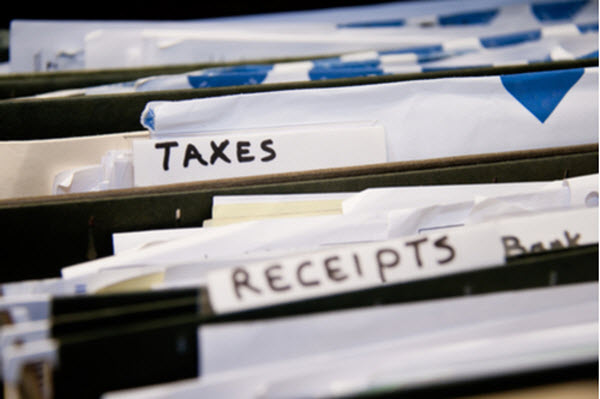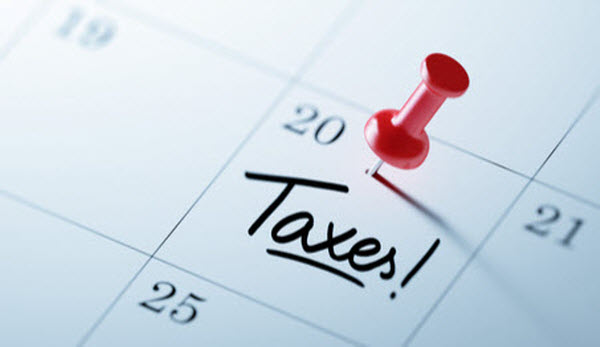
Tax time doesn't have to be terrifying!
The number one headache for small business owners is end of financial year end tax preparation. Not because they don’t have good record-keeping, but because the Australian tax system is incredibly complicated. And in recent times there have been some changes to the tax regime for small business, so it pays to get professional help.
By Jim Vass and Paul Rattray
From chaos to calm ...
- Did you know … there has been a reduction in company tax rates down from 27.5% to 26% for small businesses?
- Did you know that you can take advantage of the $150,000 tax write off threshold until the end of June this year?
- Did you know that there are a lot of ‘tools of the trade’ that you can claim, even if they are FBT exempt?
The Australian Government has, over the past few years, recognised a number of the challenges that small businesses face, and changes to tax policy in recent times reflect a willingness to assist small businesses.
Unfortunately, many of these changes have just added to the complexity of the entire tax system, so you really need to be aware of what you’re entitled to, so you can maximise your deductions.

What tax strategies do you have in place?
One key strategy that you should definitely be employing is minimising your accessible income, and maximising your expenses in the lead up to tax time. Of course, this has implications for cash flow, so it needs to be implemented wisely.
If your cash flow is not as strong as you’d like it to be on the back of the Covid-19 pandemic, don’t panic!
Write off bad debts
This strategy is all about the timing of income and expenses and involves and will be different depending upon how you report your income i.e. cash or accrual accounting method.
Types of expenses you might be able to bring forward include marketing materials, consumables, stationery, printing, office and computer supplies repairs and maintenance. You can also pay forward interest on loans or rent on premises.
If you spend the money now, you get the deduction in this financial year which reduces the amount of tax you pay.
Review your Trade Debtors listing and write-off all bad debts before 30 June.
Prepare a management meeting document listing each bad debt, as evidence that these amounts were written off prior to year-end and enter these into your accounting system before 30 June.

Plan ahead
The trick to avoiding stress is getting organised early, so talk to a professional to find out the right tax strategies for your business. this year there are also considerations around Covid, – it’s important you make sure you get everything right. The ATO has resumed its audit process.
And, don’t forget, that a tax debt with the ATO can give you a bad credit rating, and that’s the last thing your business needs.
Watch our Tax Planning Webinar to understand what you can implement in time for the end of the June 30 2021 financial year. This is general advice only, and all viewers should see professional advice with respect to their own circumstances.
For information that’s tailored to your business, contact us.
Paul Rattray and Jim Vass, tax specialists from ATB Partners will help you understand what you’re entitled to, and also provide information about strategies which can help you reduce your tax obligations.
